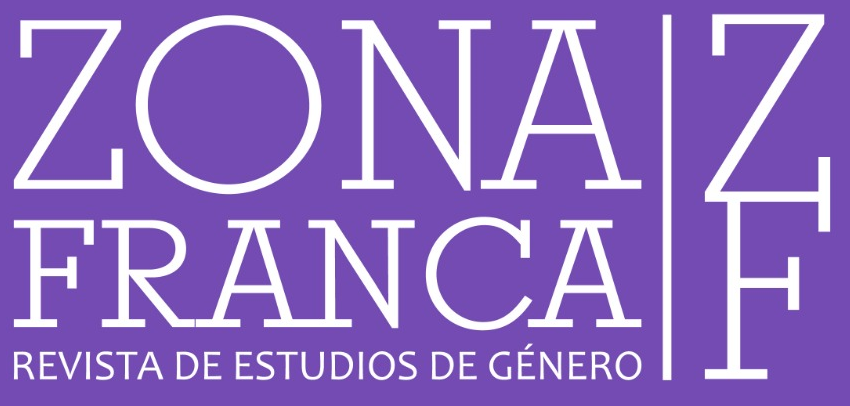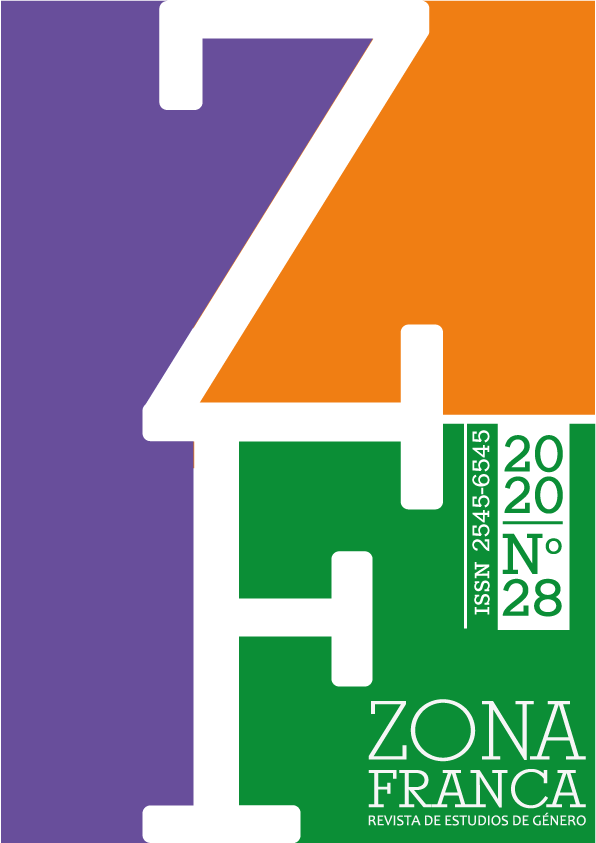“I stand on the pitch as in life”: an analysis of feminist football in the Villa 31 using gender theories
DOI:
https://doi.org/10.35305/zf.vi28.163Keywords:
Football, gender, sport, feminismAbstract
The analysis of sport from a gender perspective appears belatedly in the Argentine academy and feminism. However, in recent years there have been notable advances in the feminist criticism of sport as a space where sexist culture and gender inequality are sustained. The objective of this article is to analyze how the feminist movement is appropriating football, the most popular sport in the country. I inquire what continuities and ruptures take place in this process regarding the experience of gender: how can feminism appropriate a sport that symbolizes hegemonic masculinity and is part of the masculine identity construction in Argentina? Is a competitive practice compatible with sorority? Can the aggressiveness and physical friction that characterize soccer be constructive when they are embodied by female bodies? What bodies have legitimacy to carry out these practices? To investigate these questions, I will put into dialogue the theories of gender with the ethnographic research that I carry out together with La Nuestra Fútbol Feminista, a group made up of coaches, players, former players, popular educators, and women from the Villa 31 in Buenos Aires.Downloads
References
ANDERSON, Patricia (2015).“Sporting Women and Machonas: negotiating gender through sports in Argentina, 1900–1946.”Women's History Review, V. 24, Nº 5, pp. 700-720. http://dx.doi.org/10.1080/09612025.2015.1028210
ARENDT, Hannah. (2007). "La esfera pública y la privada" en La condición humana, Paidós, Buenos Aires.
BUTLER, Judith. (2007). El género en disputa, Paidós,Barcelona.
BUTLER, Judith. (2008). Cuerpos que importan.Paidós, Buenos Aires.
BUTLER, Judith. (2010). Marcos de guerra. Las vidas lloradas. Paidós, México.
BUTLER, Judith. (2017). “Política de género y el derecho a aparecer” en Cuerpos aliados y lucha política. Hacia una teoría performativa de la asamblea, Paidós,Buenos Aires, pp. 31-70.
CANO, Virginia y FERNÁNDEZ CORDERO, Laura(2019). “Prologo” en Butler, Cano y Fernández Cordero, Vidas en Lucha. Katz,Buenos Aires,pp 9-19.
CASARES, Aurelia Martín (2008). “Pensar a las mujeres: relaciones de género en las corrientes clásicas del pensamiento antropológico”. En Antropología del género. Culturas, mitos y estereotipos sexuales. Cátedra, Madrid, pp. 117-186.
DE LAURETIS, Teresa. (2000). “La tecnología del género”. En Diferencias. Etapas de un camino a través del feminismo. Horas y horas, Madrid.
ELSEY, Brenda y NADEL, Joshua (2019). Futbolera. A History of Women and Sports in Latin America. Universityof Texas Press, Austin.
FAUSTO STERLING, Anne. (2006) “Duelo de los dualismos”. En Cuerpos sexuados. Melusina, Barcelona.
FOUCAULT, Michel. (2009). Historia de la sexualidad. I. La voluntad de saber. Siglo XXI, Buenos Aires.
GARRIGA ZUCAL, Jose y NOEL, Gabriel. (2010). “Notas para una definición antropológica de la violencia: un debate en curso”. Publicar, V. 9, pp. 97-121.URL: https://www.researchgate.net/profile/Gabriel_Noel2/publication/279670653_Notas_para_una_definicion_antropologica_de_la_violencia_un_debate_en_curso/links/5d94d1ba299bf1c363f2b45a/Notas-para-una-definicion-antropologica-de-la-violencia-un-debate-en-curso.pdf
GUBER, Rosana. (2013). El salvaje metropolitano. Reconstrucción del conocimiento social en el trabajo de campo. Paidós, Buenos Aires.
HARAWAY, Donna. (1995). “Manifiesto para cyborgs: ciencia, tecnología y feminismo socialista a finales del Siglo XX” en Ciencia, cyborgs y mujeres. La reinvención de la naturaleza.Cátedra, Madrid.
HARTMANN-TEWS, Ilse y PFISTER, Gertrud. (2005). “Women and sport in comparative and international perspectives: issues, aims and theoretical approaches”. En Hartmann-Tews, I. y Pfister, G. (eds.) Sport and women. Social issues in international perspective. Routledge, Londres, pp. 1-14.
HOOKS, bell (2017). El feminismo es para todo el mundo.Traficantes de sueños, Madrid.
PUJOL, Ayelén (2019) ¡Qué jugadora! Un siglo de fútbol femenino en Argentina. Ariel, Buenos Aires.
ROSALDO, Michelle (1974). “Women, culture and society: theoretical overview”. En Rosaldo, Michelle y Lamphere, Louise. Women, culture and society, Stanford University Press, Stanford, pp. 153-180.
TREBISACCE, Catalina. (2018). “Habitar el desacuerdo. Notas para una apología de la precariedad política.” Mora, V. 24, pp. 185-190.
VANCE, Carole. (1989). “El placer y el peligro: hacia una política de la sexualidad” en Vance, C. (comp.). Placer y peligro. Explorando la sexualidad femenina.Talasa, Madrid.





